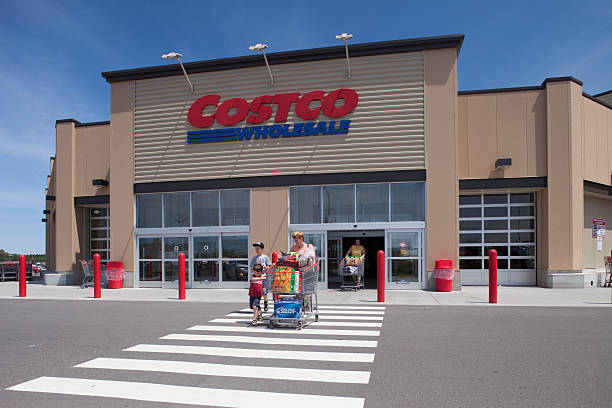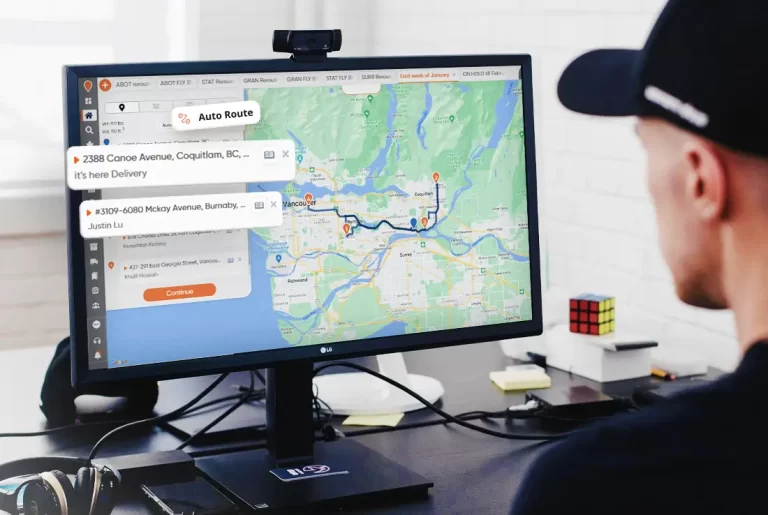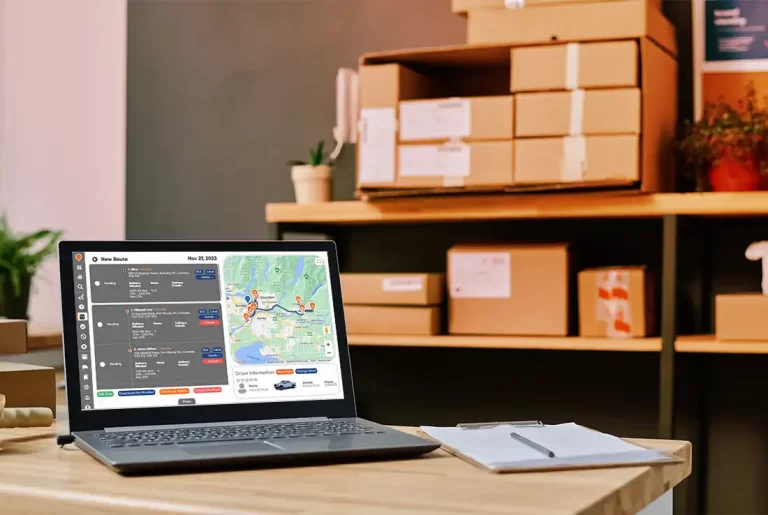Wholesale and retail are two different approaches to selling products in Canada. Wholesale involves selling products in bulk to other businesses, who then resell them to end consumers. Retail, on the other hand, involves selling products directly to the end consumer in smaller quantities, usually through a physical or online storefront. In the realm of commerce, the dynamic between wholesale vs. retail is crucial. Both entail the exchange of goods, yet diverge in pricing, clientele, and distribution. Wholesale thrives on bulk transactions and fostering B2B connections, whereas retail emphasizes individual sales and customer experience.
What is wholesale?
Wholesale refers to the sale of goods or merchandise in large quantities at a lower price to B2C or other businesses for resale. The wholesalers act as intermediaries between manufacturers or producers and retailers, helping to bridge the gap between the two parties.
The purpose of wholesale is to allow retailers to purchase goods at a lower cost and then sell them to consumers at a higher price, making a profit in the process. Wholesale is an important component of the supply chain as it enables goods to be distributed efficiently and cost-effectively, allowing businesses to focus on their core competencies while still having access to the goods they need.
Wholesalers in summary
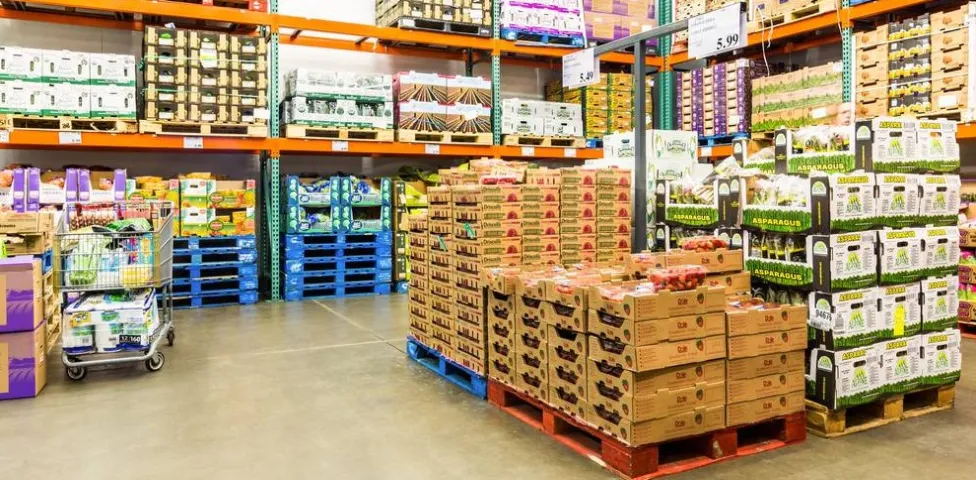
Wholesalers are intermediaries that purchase goods in large quantities from manufacturers or producers and sell them to retailers or other businesses in smaller quantities. They help bridge the gap between producers and B2C, allowing for a more efficient supply chain.
Wholesalers often offer discounts for bulk purchases, making it more affordable for businesses to stock up on inventory. They also provide services such as warehousing, delivery, and credit to their customers. Overall, wholesalers play a crucial role in the distribution of goods and the functioning of the economy.
What is retail?
Retail (or B2C) refers to the process of selling goods or services to consumers for personal use. It involves the sale of products through physical stores, online stores, or a combination of both. Retailers purchase goods or services from wholesalers or directly from manufacturers and then sell them to the end customers.
Retailers offer a wide variety of products and services to consumers, including clothing, electronics, home goods, groceries, and more. Retailers use various marketing and advertising strategies to attract customers and increase sales, including sales promotions, discounts, and loyalty programs. The retail industry is a significant contributor to the global economy, and many businesses rely on B2C sales to generate revenue.
Retailers in summary
Retailers are businesses that sell products or services directly to consumers. They operate through physical stores, online channels, or a combination of both, and may offer a variety of products ranging from consumer goods to luxury items. Retailers typically purchase products from wholesalers or manufacturers and mark up the prices to sell to customers, generating profit through the difference in price.
They also play a significant role in the supply chain, as they are responsible for stocking and displaying products, marketing them to consumers, and providing customer service. Overall, retailers aim to provide a convenient and enjoyable shopping experience for their customers while maximizing their profits.
What are the factors to consider when deciding between retail vs wholesale?
The difference between wholesale vs. retail lies in the manner of distribution and customer interaction. Wholesale primarily involves the bulk sale of goods to other businesses, catering to their inventory needs. On the contrary, retail entails the direct sale of products to individual consumers, fostering brand engagement and customer relationships.
Wholesale can be a good option if your business produces or sources products in large quantities and has the resources to fulfill large orders. It can also provide a steady stream of revenue as you establish relationships with other businesses.
However, it often requires negotiating lower prices to make a profit and may involve higher overhead costs such as warehousing and transportation.
Retail, on the other hand, allows you to interact directly with consumers and build your brand recognition. It can offer more flexibility in pricing and the ability to adjust to changes in consumer demand. However, it may require more resources to manage inventory, sales, and marketing.
Ultimately, the decision between wholesale and retail depends on your business goals, resources, and market demand. You may also consider a combination of both strategies, such as offering wholesale options to select businesses while also selling directly to consumers through retail channels.
Wholesale benefits and challenges
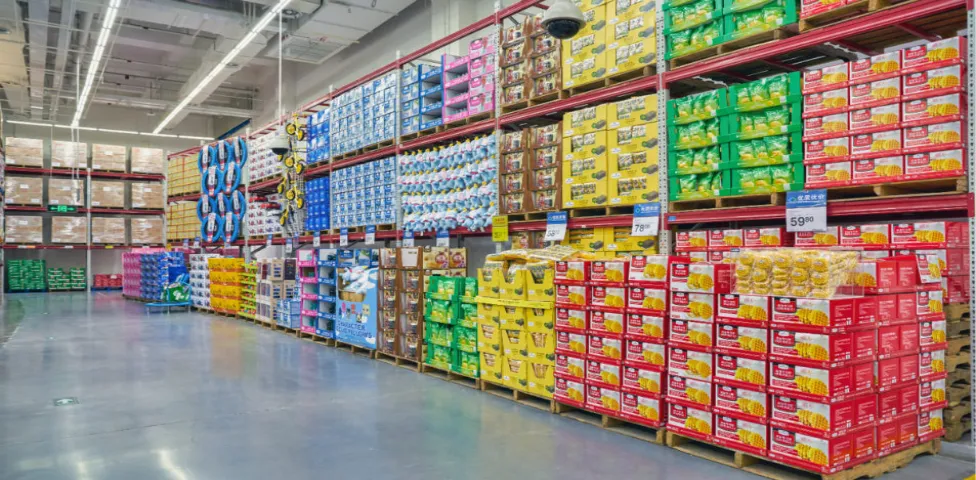
The wholesale business has several benefits, including the ability to purchase goods in bulk at a lower cost and then sell them at a markup, generating more profit.
Additionally, wholesalers often have a broader customer base, as they sell to retailers, institutions, and other businesses, rather than solely to consumers. This can result in higher sales volumes and revenue.
However, the wholesale business also presents its own set of challenges. Wholesalers must be able to maintain healthy relationships with their suppliers and customers, manage inventory effectively, and adapt to changes in the market, among other things.
They also face the risk of overstocking or understocking, which can impact profitability. Additionally, the wholesale business can be highly competitive, with other wholesalers vying for the same customers and suppliers.
Retail benefits and challenges
B2C has its own set of benefits and challenges. One major benefit is the ability to establish a direct connection with customers, which allows for greater control over branding and customer experience. Retail businesses can also offer a wide variety of products and services, allowing for greater revenue potential.
However, B2C also comes with its own set of challenges, including the high cost of rent and overhead, intense competition, and the need to constantly adapt to changing consumer preferences and trends. Additionally, B2C businesses may struggle to maintain consistent cash flow, as revenue can be affected by seasonal fluctuations and economic downturns.
Fulfillment solutions for wholesale & retail
Fulfillment solutions are crucial for both wholesale and retail businesses to ensure efficient and timely delivery of products to customers. For wholesale, fulfillment solutions involve managing and fulfilling bulk orders for other businesses.
This requires managing inventory, picking and packing orders, and shipping them in large quantities. Wholesale fulfillment solutions also need to be able to handle the customization of products and labeling specific to the needs of each individual customer.
For B2C, fulfillment solutions involve managing orders from individual customers and shipping them directly to their doorstep. This requires efficient inventory management, picking and packing orders, and coordinating with shipping carriers to ensure timely delivery.
Retail fulfillment solutions also need to be able to handle returns and exchanges, as well as manage customer service inquiries related to order fulfillment. Both wholesale and B2C businesses can benefit greatly from utilizing reliable and efficient fulfillment solutions to improve customer satisfaction and grow their business.
Retail fulfillment solution
Retail fulfillment solutions involve managing the entire process of delivering goods to customers, including order processing, inventory management, picking and packing, shipping, and returns management. These solutions are crucial for retailers looking to streamline their supply chain and improve their customer service.
With retail fulfillment solutions, retailers can ensure that their products are delivered to customers on time, accurately, and in good condition, leading to higher customer satisfaction and repeat business.
Retail fulfillment solutions are available from a variety of providers, including third-party logistics (3PL) providers and fulfillment centers. These providers offer a range of services tailored to meet the needs of retailers, such as inventory management, order processing, and shipping.
Retailers can choose the services they need based on their business requirements, allowing them to focus on other aspects of their business, such as marketing and sales. Additionally, with B2C fulfillment solutions, retailers can scale their operations up or down as needed, ensuring that they can meet customer demand while maintaining profitability.
B2B fulfillment solution
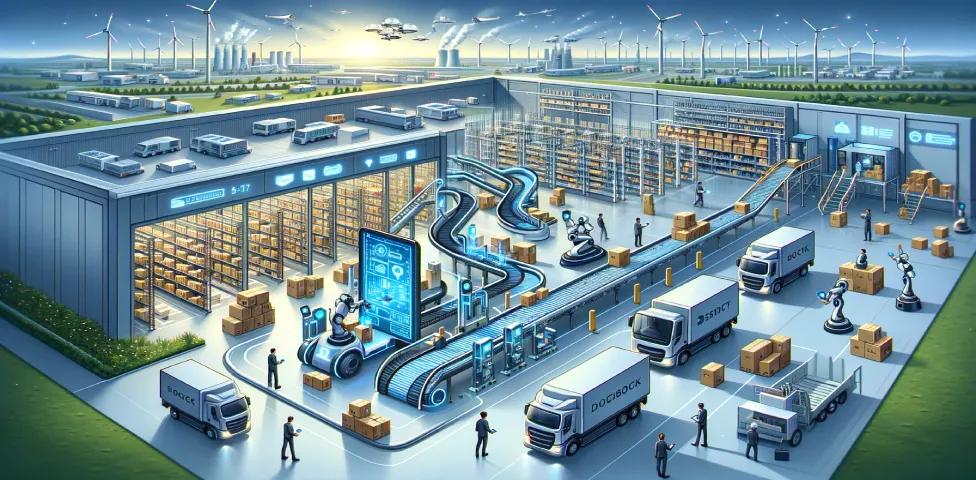
B2B (business-to-business) fulfillment solution refers to the process of fulfilling orders from one business to another. Unlike B2C (business-to-consumer) fulfillment, B2B fulfillment usually involves larger quantities of products and more complex order requirements.
B2B fulfillment solutions typically include warehousing, order processing, inventory management, and shipping services.
The goal of B2B fulfillment solutions is to provide a streamlined and efficient process for businesses to receive the products they need to operate. B2B fulfillment providers offer customized solutions that can be tailored to the specific needs of each business, allowing them to focus on their core competencies while leaving the logistics and fulfillment to the experts.
With the right B2B fulfillment solution in place, businesses can improve their operational efficiency, reduce costs, and improve customer satisfaction.
Omnichannel order management
Omnichannel order management is the process of fulfilling customer orders through multiple sales channels while ensuring a consistent and seamless experience for the customer. This means that regardless of where the customer makes the purchase (e.g., online, in-store, or via mobile), the order is processed and delivered efficiently and accurately.
Omnichannel order management involves real-time inventory management, order tracking, and delivery tracking across all sales channels. It helps businesses improve customer satisfaction, increase sales, and streamline their supply chain by eliminating silos between different sales channels. With omnichannel order management, businesses can manage their orders effectively and provide a superior customer experience.
Conclusion
This article delves into the nuances of wholesale vs. retail, highlighting key differences, factors influencing the choice between the two, and their respective benefits and challenges. It further explores fulfillment solutions tailored to both sectors, providing insights for businesses navigating the complex landscape of product distribution.
